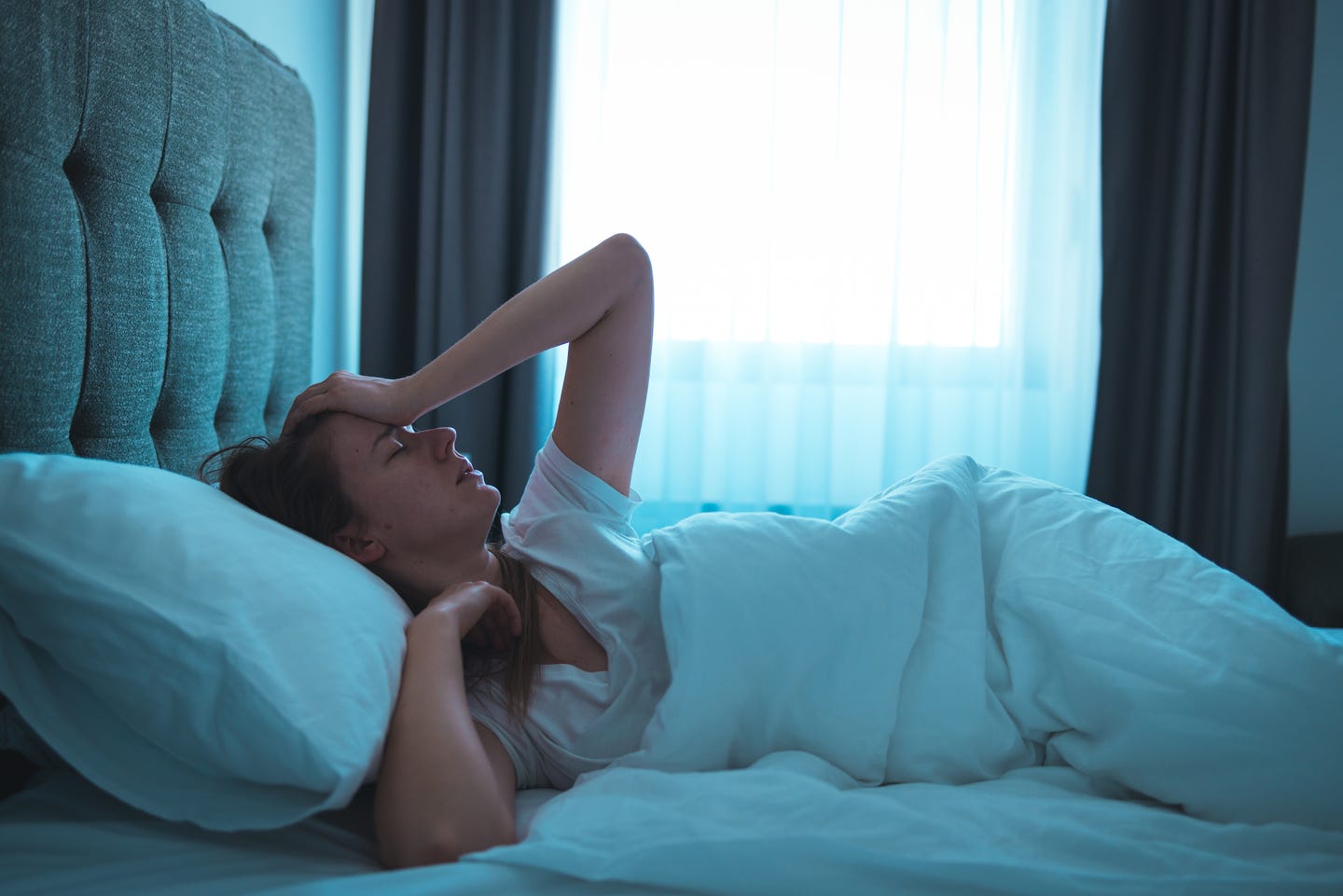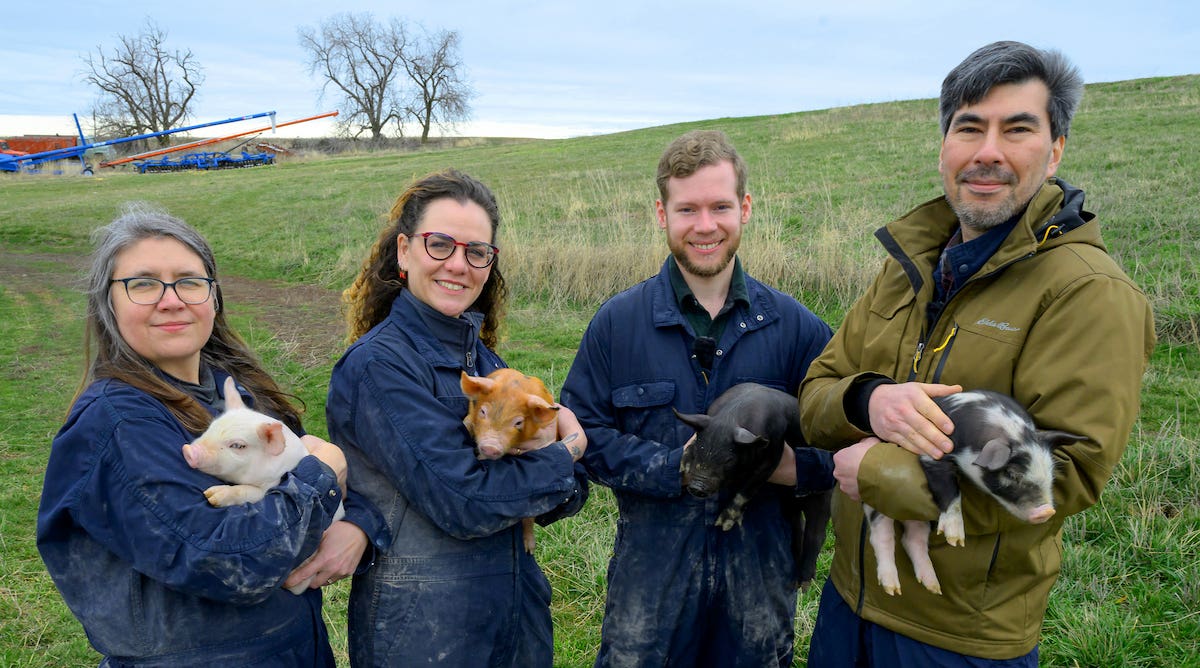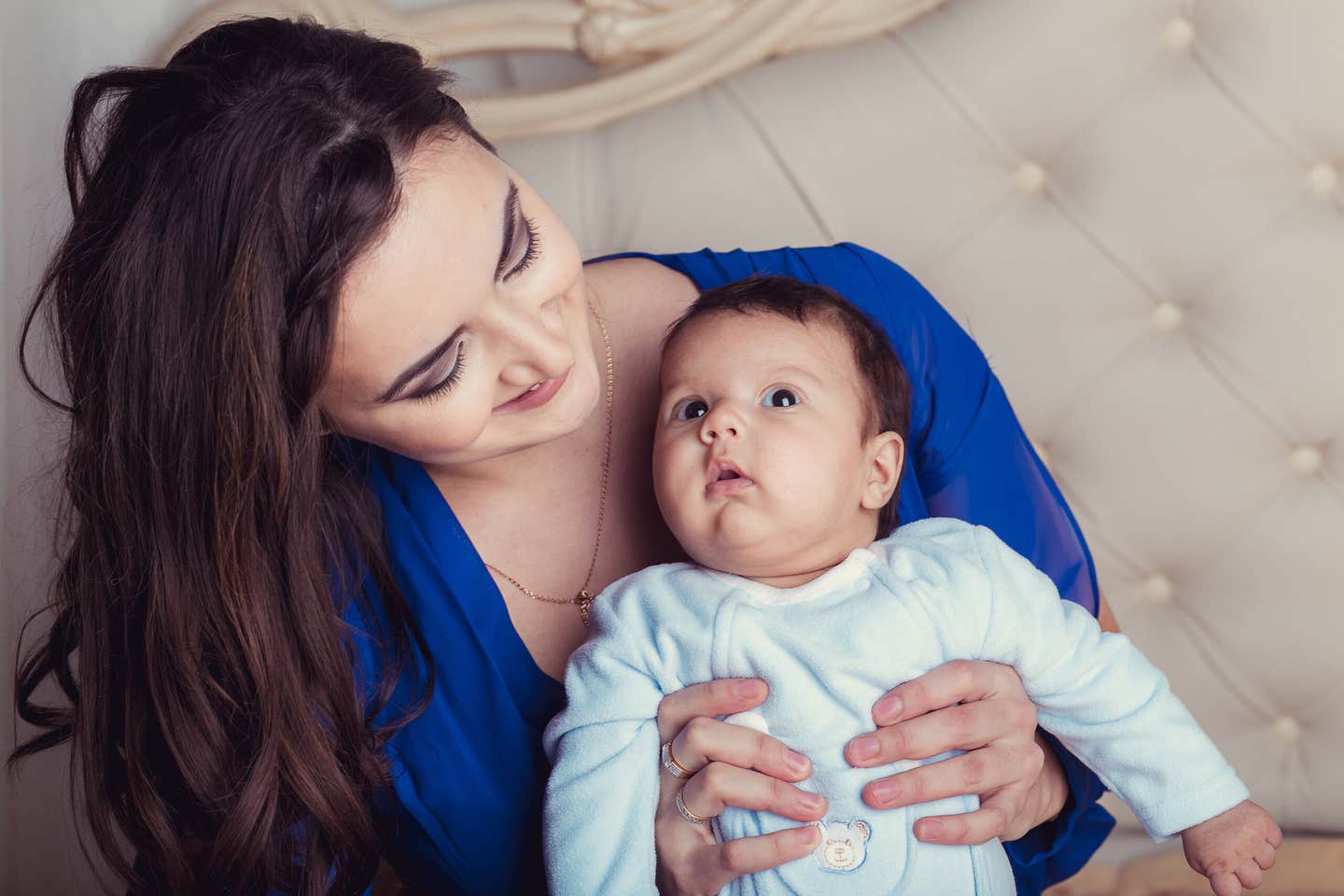Social Apnea: How weekend habits worsen sleep apnea risk
A global study reveals that weekend routines may worsen sleep apnea, with scientists coining the term “social apnea” to explain the trend.

Weekend lifestyle choices may trigger social apnea, a new risk factor for worsening sleep apnea severity, researchers report. (CREDIT: Shutterstock)
Late nights, long sleep-ins, and extra drinks on weekends could be doing more harm than you realize. New research suggests that lifestyle changes tied to weekends may sharply increase the severity of sleep apnea, a common but often underdiagnosed sleep disorder.
An international team of scientists has now introduced the idea of “social apnea” to describe this weekend-related spike in sleep apnea severity. The findings shed light on how even small changes in routine may affect health in surprising ways.
The weekend effect on breathing during sleep
The study, published in the American Journal of Respiratory and Critical Care Medicine, analyzed sleep data from more than 70,000 people worldwide using an under-mattress home monitoring system. The results showed a clear and consistent pattern: breathing problems linked to sleep apnea became worse on weekends.
Researchers found that participants were 18% more likely to have moderate to severe sleep apnea on Saturdays than Wednesdays. The Flinders University FHMRI Sleep Health team named this weekend surge “social apnea.” They linked it to late nights, irregular schedules, alcohol use, and skipped therapies.
“Sleep apnea is already a major public health issue, but our findings suggest its true impact may be underestimated,” said lead author Dr. Lucia Pinilla, a research fellow at FHMRI Sleep Health. “Most clinical diagnostic testing is done on a single night, typically a weeknight, missing the weekend effect we’re now calling social apnea.”
Why your weekend sleep may backfire
Small changes in routine produced large effects. Sleeping an extra 45 minutes or more on weekends raised apnea risk by 47%. Men showed a 21% higher chance of worse symptoms, compared to 9% in women. Younger adults under 60 faced a 24% rise, while older adults saw a 7% increase.
Related Stories
- Scientists identify the optimal sleep temperature for healing and renewal
- Poor sleep habits linked to a sharp rise in Dementia risk
Dr. Pinilla said these weekend breathing issues may raise the risk of heart disease, depression, dementia, fatigue, and accidents. Disrupted breathing deprives the body of oxygen and deep rest, both crucial for heart and brain health.
Weekend routines are not the only influence. A related study in Nature Communications Medicine, led by Dr. Bastien Lechat, revealed seasonal changes. Sleep apnea severity rose by 8–19% in summer and winter compared to spring and autumn.
“This seasonal spike is partly explained by higher temperatures, which disrupt sleep and lead to lighter sleep stages,” said Dr. Lechat. “In winter, longer sleep and later wake-up times increase time spent in REM sleep, which is also linked to more frequent apnea events.”
These results support the view that daily habits and environmental factors both shape sleep disorder severity. Together, the findings highlight the need for multi-night testing rather than relying on one night’s data.
Rethinking diagnosis and treatment
Professor Danny Eckert, senior author and Director of FHMRI Sleep Health, said current testing may overlook critical patterns. “We don’t yet know exactly why, but alcohol use, lighter sleep, and less consistent use of OSA therapies likely play a role,” he explained. “Relying on a single-night sleep study may miss important variations, leading to underdiagnosis or misclassification of OSA severity.”
He urged people who suspect apnea to keep consistent sleep habits every day. “Try to keep the same sleep schedule throughout the week and weekend, ensuring that you get the recommended 7–9 hours of sleep a night,” said Professor Eckert. “Keeping a fixed wake-up time and using your prescribed OSA therapy, even on weekends, and going to bed when you feel sleepy will help ensure you frequently get enough restorative sleep.”
Sleep apnea affects about one billion people worldwide. It happens when the airway collapses repeatedly during sleep. This causes loud snoring, choking, or long pauses in breathing. The disorder strains the heart and brain, raising risks for heart disease, diabetes, depression, cognitive decline, and accidents.
Symptoms often go unnoticed, so many people live with untreated apnea. Doctors advise anyone concerned about sleep to talk with a healthcare provider. They may arrange a home test or refer patients to a sleep clinic.
How to lower your risk
Researchers continue to study the causes of weekend apnea spikes, but several practical steps can already lower risk. Keeping a steady bedtime and wake time, even on weekends, helps stabilize sleep patterns. Limiting alcohol and smoking, especially before bed, reduces disruptions that can worsen apnea.
Using prescribed therapies every night ensures consistent treatment, while aiming for seven to nine hours of quality sleep supports restorative rest. By adjusting weekend habits, you can protect yourself against the hidden dangers of disrupted sleep.
Note: The article above provided above by The Brighter Side of News.
Like these kind of feel good stories? Get The Brighter Side of News' newsletter.



